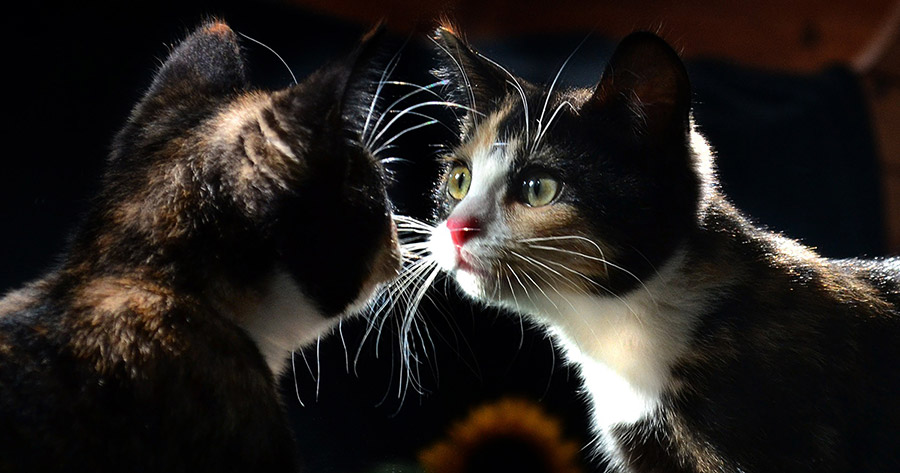I recently made a “course-cloning” feature in EconPractice that provides new instructors with their own template course. The original master course is managed by Thomas Groll, Columbia’s Lecturer in the Discipline of International and Public Affairs. This will give new instructors some ideas on how EconPractice can be used, and what scenarios it was designed for.
A course is represented in Django with the Course model. This model has many Topic instances, which in turn have many Graph instances. I want to create a copy of each topic and graph whenever this course is cloned.
Python includes a copy library that can be used to copy Python objects. But Django model instances have even more to them than a Python object, because they represent what’s saved in a database.
The recommended way to copy Django model instances is to use copy(),
then set the instance’s primary key to None, and save it. To clone a
Graph instance, it’s pretty simple:
class Graph(models.Model):
def clone(self):
g = copy.copy(self)
g.pk = None
g.save()
return g
To clone the whole course, I have to deal with the relations of the course manually. Each course has relations to Topics and Users (the course’s instructors), and I only want to create a clone of the Topics. There is also some special handling needed for the General (default) topic of each course, noted in the comments below.
# Course is called Cohort here (it's just a more general
# term for a course).
class Cohort(models.Model):
def clone(self):
c = copy.copy(self)
c.pk = None
c.is_sample = None
c.save()
# Clone the topics.
for topic in self.topic_set.all():
if topic.name == 'General':
# The General topic is created automatically in the
# post_save hook.
cloned_topic = c.get_general_topic()
else:
cloned_topic = Topic.objects.create(cohort=c, name=topic.name)
for graph in topic.graph_set.all():
cloned_graph = graph.clone()
cloned_graph.topic = cloned_topic
cloned_graph.save()
return c
Printed from: https://compiled.ctl.columbia.edu/articles/cloning-arbitrary-django-objects/

